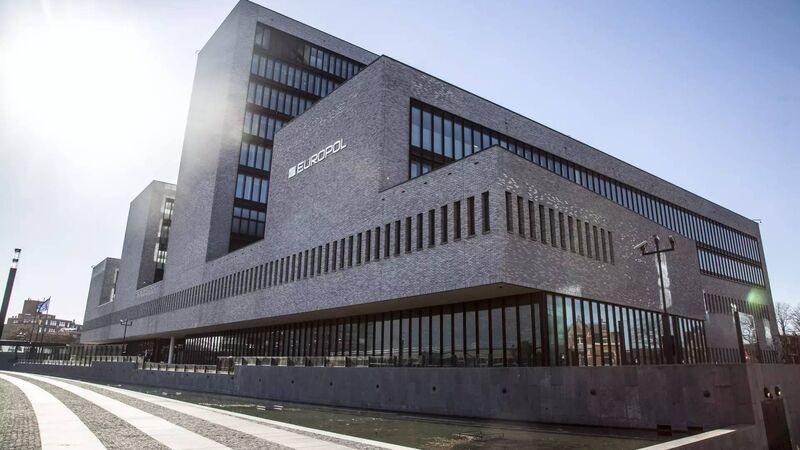Garda Commissioner warns children being lured into crime through social media and online gaming

At a gathering at the headquarters of the EU police agency, Europol, police bosses from 53 countries and 13 international organisations called for 'stronger preventative measures' to protect young people. File picture: Europol
More than 400 police chiefs, including Garda Commissioner Justin Kelly, have warned that children are being "increasingly targeted and lured" through social media and online gaming into criminality.
At a gathering at the headquarters of the EU police agency, Europol, police bosses from 53 countries and 13 international organisations called for “stronger preventative measures” to protect young people.










